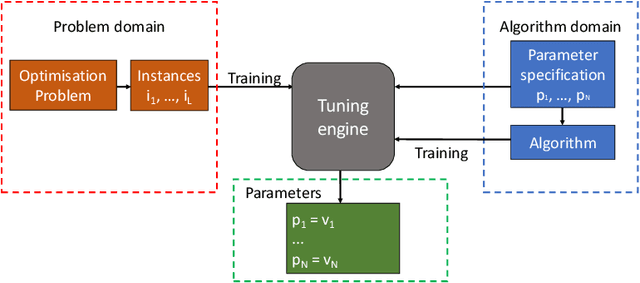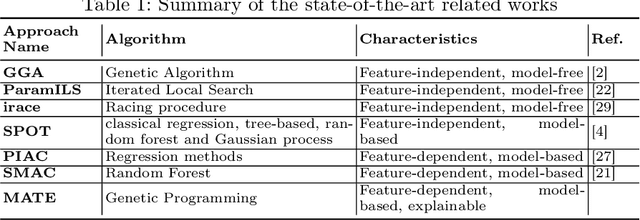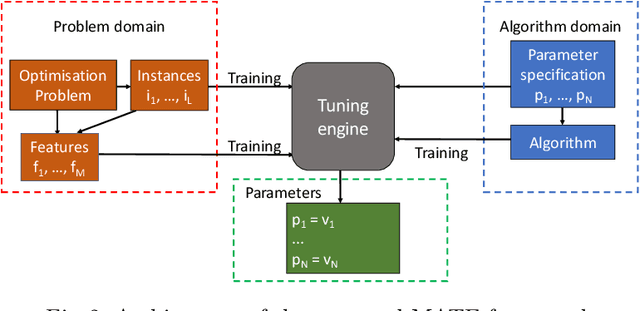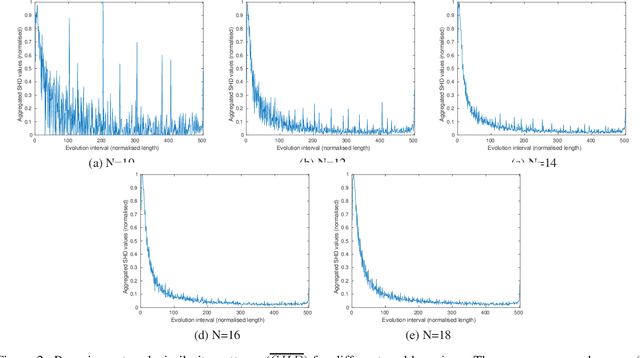Inkyung Sung
MATE: A Model-based Algorithm Tuning Engine
Apr 27, 2020



Abstract:In this paper, we introduce a Model-based Algorithm Turning Engine, namely MATE, where the parameters of an algorithm are represented as expressions of the features of a target optimisation problem. In contrast to most static (feature-independent) algorithm tuning engines such as irace and SPOT, our approach aims to derive the best parameter configuration of a given algorithm for a specific problem, exploiting the relationships between the algorithm parameters and the features of the problem. We formulate the problem of finding the relationships between the parameters and the problem features as a symbolic regression problem and we use genetic programming to extract these expressions. For the evaluation, we apply our approach to configuration of the (1+1) EA and RLS algorithms for the OneMax, LeadingOnes, BinValue and Jump optimisation problems, where the theoretically optimal algorithm parameters to the problems are available as functions of the features of the problems. Our study shows that the found relationships typically comply with known theoretical results, thus demonstrating a new opportunity to consider model-based parameter tuning as an effective alternative to the static algorithm tuning engines.
On resampling vs. adjusting probabilistic graphical models in estimation of distribution algorithms
Feb 15, 2019



Abstract:The Bayesian Optimisation Algorithm (BOA) is an Estimation of Distribution Algorithm (EDA) that uses a Bayesian network as probabilistic graphical model (PGM). Determining the optimal Bayesian network structure given a solution sample is an NP-hard problem. This step should be completed at each iteration of BOA, resulting in a very time-consuming process. For this reason most implementations use greedy estimation algorithms such as K2. However, we show in this paper that significant changes in PGM structure do not occur so frequently, and can be particularly sparse at the end of evolution. A statistical study of BOA is thus presented to characterise a pattern of PGM adjustments that can be used as a guide to reduce the frequency of PGM updates during the evolutionary process. This is accomplished by proposing a new BOA-based optimisation approach (FBOA) whose PGM is not updated at each iteration. This new approach avoids the computational burden usually found in the standard BOA. The results compare the performances of both algorithms on an NK-landscape optimisation problem using the correlation between the ruggedness and the expected runtime over enumerated instances. The experiments show that FBOA presents competitive results while significantly saving computational time.
 Add to Chrome
Add to Chrome Add to Firefox
Add to Firefox Add to Edge
Add to Edge